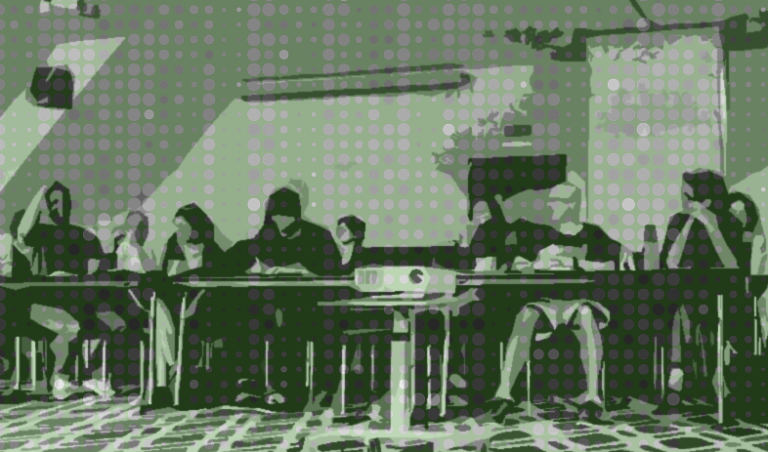But this is the moment to start asking exactly what sort of life we’re talking about here, while also taking note of the odd sort of geometrical or even chemical thrust of the claim, that children exert a kind of radioactive action at a distance, even while asleep or at school or in the backyard, that distorts – what? Our time, our attention, our midnight oil, our very thought? This would be a failing indeed. If it were true. But it is not.


That’s Mary Townsend (St. John’s University), in an essay in Plough responding to the idea that having children and flourishing as an academic are in tension:
One of my sons is home with me for the day, and he has as many thoughts as I do, and rightly claims some recognition from me for at least seventy percent of the ones he wishes to share…
[C]hildren are difficult enough as difficult things go, and so is academia; trying to do two difficult things at once is enough to risk much going awry. But those filing the charge against children in the academy usually stake a much stronger claim than this. There’s a not-at-all hidden sense that children and this oddly-named “life” of the “mind” fundamentally don’t mix…
Babies require attention, and this is a practical problem. They are like the squeaking door at Jane Austen’s study that alerted her when company was on the way, except babies squeak more, and are indeed one of the most pressing and visible manifestations of human responsibility going. Virginia Woolf talks about the thought escaping one like a fish downstream; the truth of attention and memory is that any interruption risks pushing the rest of the dream of Kubla Khan straight out of the forefront of our mind and out the back of it too, forever…
But the ability to find my way back to mine, to my thoughts, from his, is the same sort of ability I used to call on when, childless, I wrote in coffee shops and tried to keep my mind on my Greek translation… I am much, much better now than I used to be, before children, at finding my way back to the thought at hand; memory for my thoughts has been athletically trained, which for me came about while writing a dissertation with a two-year-old and a four-year-old home for the summer, and me the best childcare going, after their three and a half hours of gymnastics camp was done for the day…
Rather than overstate the problem in service to an undersirable ideal, Dr. Townsend, herself a single mother, provides a more realistic and reasonable account of the difficulty of children:
Of course, skill alone is not the whole solution
Read the whole thing—thoughtful, interesting, provocative—here.
[F]inding the thread of thought again is a skill everyone has to become good at, if they intend to hold onto threads…
Part of the distortion present in these arguments comes from the very strange work ethic of the most visibly successful academics. Again, plenty of (American) professionals love to brag about how hard they work – it’s what a sense of self centered in professional wage-labor does to you – but professors losing their sleep, their health, their romantic relations, while bragging about the articles they’ve written, for free, are their own sort of beast in the zoo. This so-called ethic supplies the idea that unless you’re draining your life force in service of research, you’re not doing it right…
“If children take time away from a habit of intellectual activity that is bad in itself, it’s hardly a real accusation against them.”
[Mary Kelly, “Plaster hand cast prototype for Post-Partum Document VI”]





